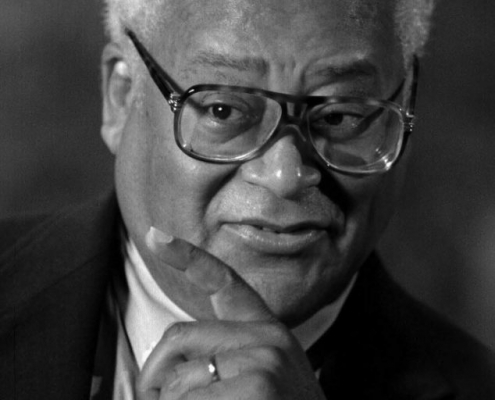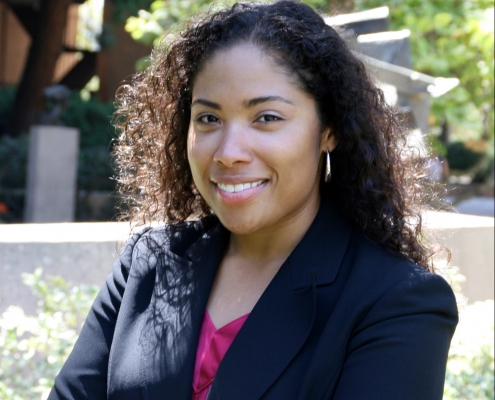Posts

Celebrating Reverend Lawson’s Enduring Contributions at UCLA
By Kent Wong Director, UCLA Labor Center Rev. James…

LA Social Science Presents “Conversations with Changemakers” Featuring Dr. Bill Worger
Dr. Bill Worger, Professor of History at UCLA, is working…

LA Social Science Presents “Conversations with Changemakers” Featuring Dr. Lorrie Frasure-Yokley
Although the academic year is winding down, Dr. Lorrie Frasure-Yokley,…

